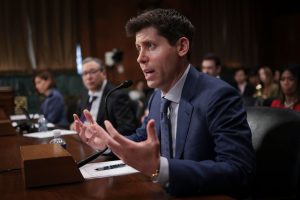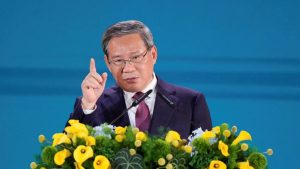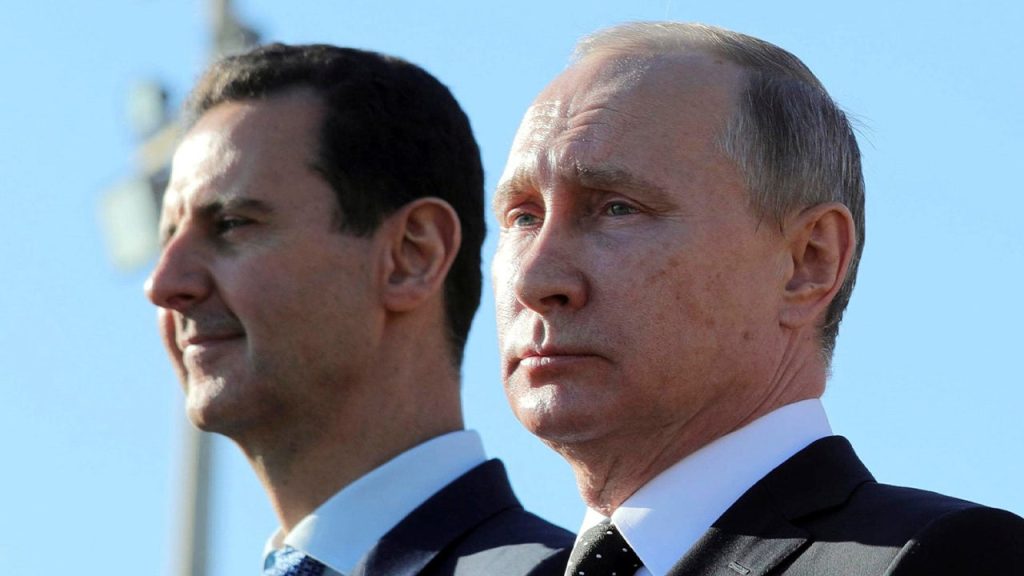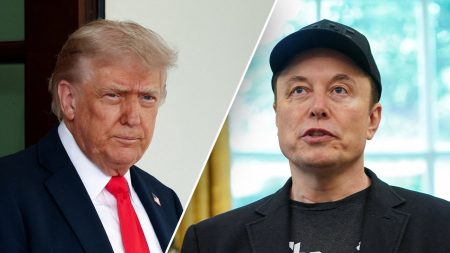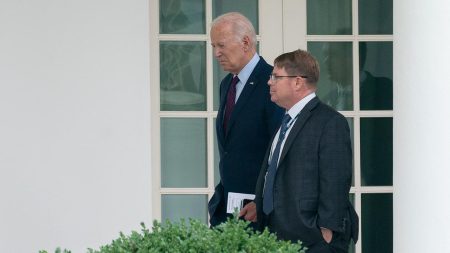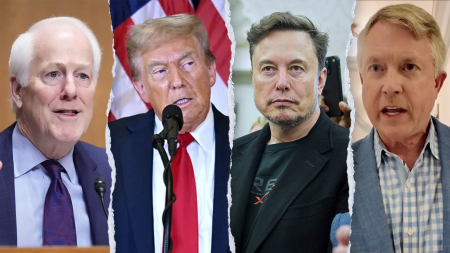The abrupt departure of Syrian President Bashar al-Assad from Damascus, amidst a rapidly escalating rebel offensive, marks a dramatic turning point in the protracted and devastating Syrian civil war. Assad’s flight, culminating in his arrival in Moscow and subsequent grant of asylum by the Russian government, underscores the profound shift in the power dynamics within Syria and the enduring influence of Russia as a key player in the region. The fall of Damascus, the symbolic heart of Assad’s power, to a coalition of predominantly radical Islamist groups signifies the definitive collapse of the Assad regime, ending over five decades of family rule. This development has profound implications for the future of Syria, the stability of the Middle East, and the broader geopolitical landscape.
The swift advance of the rebel coalition, catching even seasoned observers like Putin and Iranian authorities off guard, highlights the complex and volatile nature of the Syrian conflict. The years of brutal civil war, fueled by internal divisions and external interventions, created a fertile ground for the rise of extremist groups. The vacuum left by the crumbling Assad regime presents a new set of challenges, primarily the potential for further radicalization and the establishment of a new, possibly more volatile, power structure. This uncertainty poses a significant headache for the international community, particularly the United States, which has grappled with its role in the Syrian conflict for over a decade.
Assad’s reliance on Russia for asylum reinforces the deep-seated alliance between the two nations. Putin’s decade-long commitment to bolstering Assad’s regime, through substantial military aid and diplomatic support, has been a defining feature of the Syrian conflict. Granting asylum to Assad and his family not only provides a safe haven but also signifies Russia’s continued strategic interest in Syria. Moscow’s involvement is likely to play a crucial role in shaping the post-Assad era, potentially influencing the transition of power and the future political landscape.
The rapid unraveling of Assad’s regime and the ascendance of Islamist groups in Syria brings the protracted civil war to a critical juncture. The war, lasting nearly 14 years, has left an indelible scar on the country, resulting in widespread destruction, mass displacement, and immense human suffering. The conflict also served as a catalyst for the rise of the Islamic State, a terrorist organization that gained notoriety for its brutal tactics and global ambitions. The intervention of various international actors, including the United States, Russia, Iran, and Turkey, further complicated the situation, adding layers of geopolitical intrigue to an already complex conflict.
The United States, under the Trump administration, has advocated for a non-interventionist approach in Syria, attributing the failures of the Obama administration’s policies to the current crisis. This stance reflects a broader shift in American foreign policy, prioritizing domestic interests and disengaging from protracted overseas conflicts. However, the emergence of a potentially radical Islamist-controlled Syria presents a new dilemma for the United States. The potential for instability and the threat of further extremist activity necessitate a reassessment of American policy, requiring a delicate balancing act between avoiding further entanglement in the Syrian quagmire and mitigating the potential regional and global security risks.
The next chapter in Syria’s history remains uncertain. The composition and agenda of the victorious rebel coalition are yet to be fully understood, and the potential for further fragmentation and infighting remains a real possibility. The international community faces a complex challenge in navigating the post-Assad era, requiring a concerted effort to address the humanitarian crisis, stabilize the country, and prevent the emergence of a new breeding ground for extremism. The long-term consequences of Assad’s fall and the rise of Islamist power in Syria will undoubtedly reshape the political landscape of the Middle East and have far-reaching implications for global security. The international community must prepare for a new era in Syria, one fraught with challenges and opportunities, requiring careful diplomacy and strategic engagement to navigate the uncertain path ahead.

